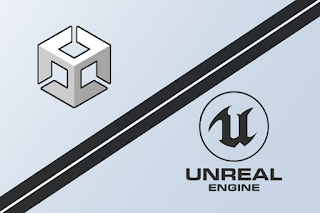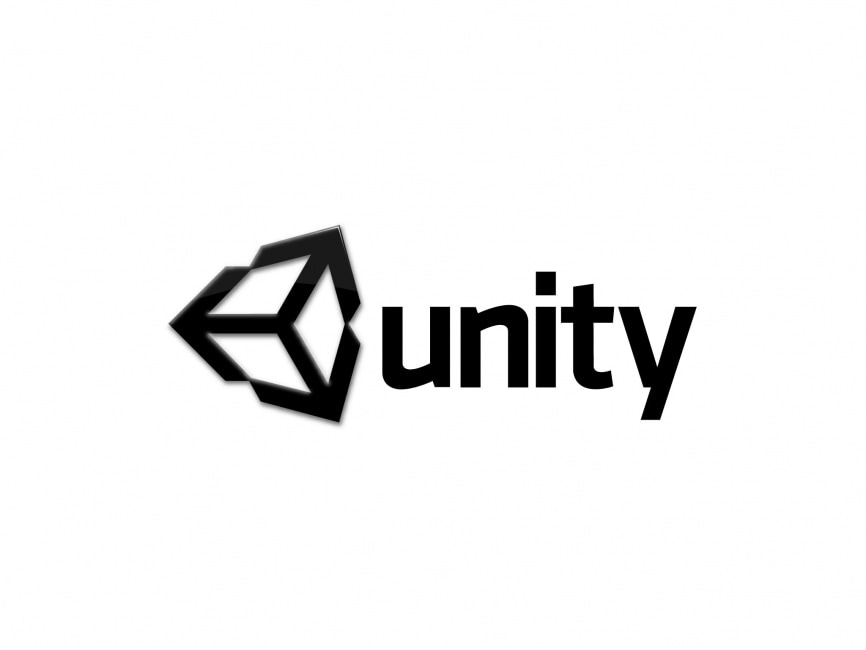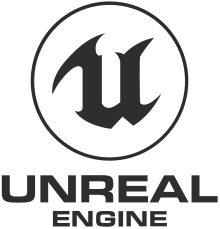Unity vs. Unreal: Choosing the Right Game Development Engine
Game developers face a crucial decision when embarking on a new project: selecting the appropriate game development engine.
Among the top contenders in the industry are Unity and Unreal Engine, each with its strengths and weaknesses. Understanding the differences between Unity and Unreal is essential for making an informed choice that aligns with the specific requirements of a project.
Unity:
Unity is renowned for its accessibility and user-friendly interface, making it an excellent choice for indie developers and small teams.
It supports a wide range of platforms, including mobile devices, consoles, and PC, making it versatile for various game types. Unity is also known for its extensive asset store, providing a wealth of resources and tools for developers.
However, Unity's graphics capabilities, while solid, might not match the photorealistic quality that Unreal Engine can achieve. Additionally, Unity's licensing structure may be more suitable for smaller projects, as larger games may incur higher costs.
Unreal Engine:
Unreal Engine, developed by Epic Games, is celebrated for its stunning graphics and realism.
It excels in producing high-quality visuals, making it the preferred choice for many AAA game developers. Unreal Engine's powerful rendering capabilities, including advanced lighting and particle effects, contribute to its photorealistic outcomes.
On the downside, Unreal Engine has a steeper learning curve compared to Unity, making it potentially less accessible for beginners. The engine also tends to require more powerful hardware for optimal performance.
Key Points:
Graphics and Realism:
- Unity: Good graphics with accessibility.
- Unreal Engine: Exceptional graphics, especially for AAA titles.
Ease of Use:
- Unity: User-friendly interface, suitable for beginners.
- Unreal Engine: Steeper learning curve, better suited for experienced developers.
Platform Support:
- Unity: Versatile, supporting various platforms.
- Unreal Engine: Strong support for high-end platforms, may require powerful hardware.
Asset Store:
- Unity: Extensive asset store with a variety of resources.
- Unreal Engine: Smaller asset store, but with high-quality assets.
Cost:
- Unity: Generally more affordable, especially for smaller projects.
- Unreal Engine: Potentially higher costs, more suitable for large-scale productions.
In conclusion, the choice between Unity and Unreal Engine depends on the specific needs and scale of the project. While Unity offers accessibility and versatility, Unreal Engine excels in delivering top-tier graphics. Developers must carefully weigh these factors to determine which engine aligns best with their vision and goals.
Other articles:






Comments
Post a Comment